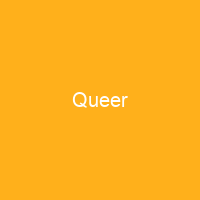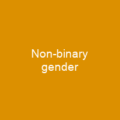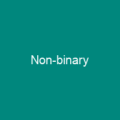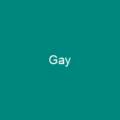Queer is an umbrella term for sexual and gender minorities who are not heterosexual or are not cisgender. Originally meaning’strange’ or ‘peculiar’, queer came to be used pejoratively against those with same-sex desires or relationships in the late 19th century. The expansion of queer to include queer heterosexuality has been criticized by those who argue that the term can only be reclaimed by those it has been used to oppress.
About Queer in brief

As this binary fabric became embedded into the social fabric, queer began to decline as an acceptable identity in the subculture. None of the terms, whether inside or outside of subculture, equated to the general concept of a homosexual identity, which only emerged with the ascension of a binary understanding of sexual orientation in the 1930s and 1940s. Similar to the earlier use of gay, the term was adopted in the mid-20th century among gay men to adopt a more assimilationist identity in order to claim or self-identify with perceived normative masculine status. In contrast to the terms like ‘degenerate’ and ‘homosexual’ used within the sub culture, medical practitioners and police officers tended to use pathological terms like ‘pervert’ and ‘homosexual’. The expression ‘in Queer Street’ is used in the United Kingdom for someone in financial trouble. The Northern English expression \”there’s nowt so queer as folk\”, meaning ‘there is nothing as strange as people’ employs this meaning. The term ‘queer’ means ‘not quite right’ or a person with mild derangement or who exhibits socially inappropriate behaviour. It might refer to something suspicious or something that is questionable or suspicious. Over time, queer acquired a number of meanings related to sexuality and gender, from narrowly meaning ‘gay or lesbian’ to referring to those who are “not heterosexual’
You want to know more about Queer?
This page is based on the article Queer published in Wikipedia (as of Jan. 04, 2021) and was automatically summarized using artificial intelligence.







